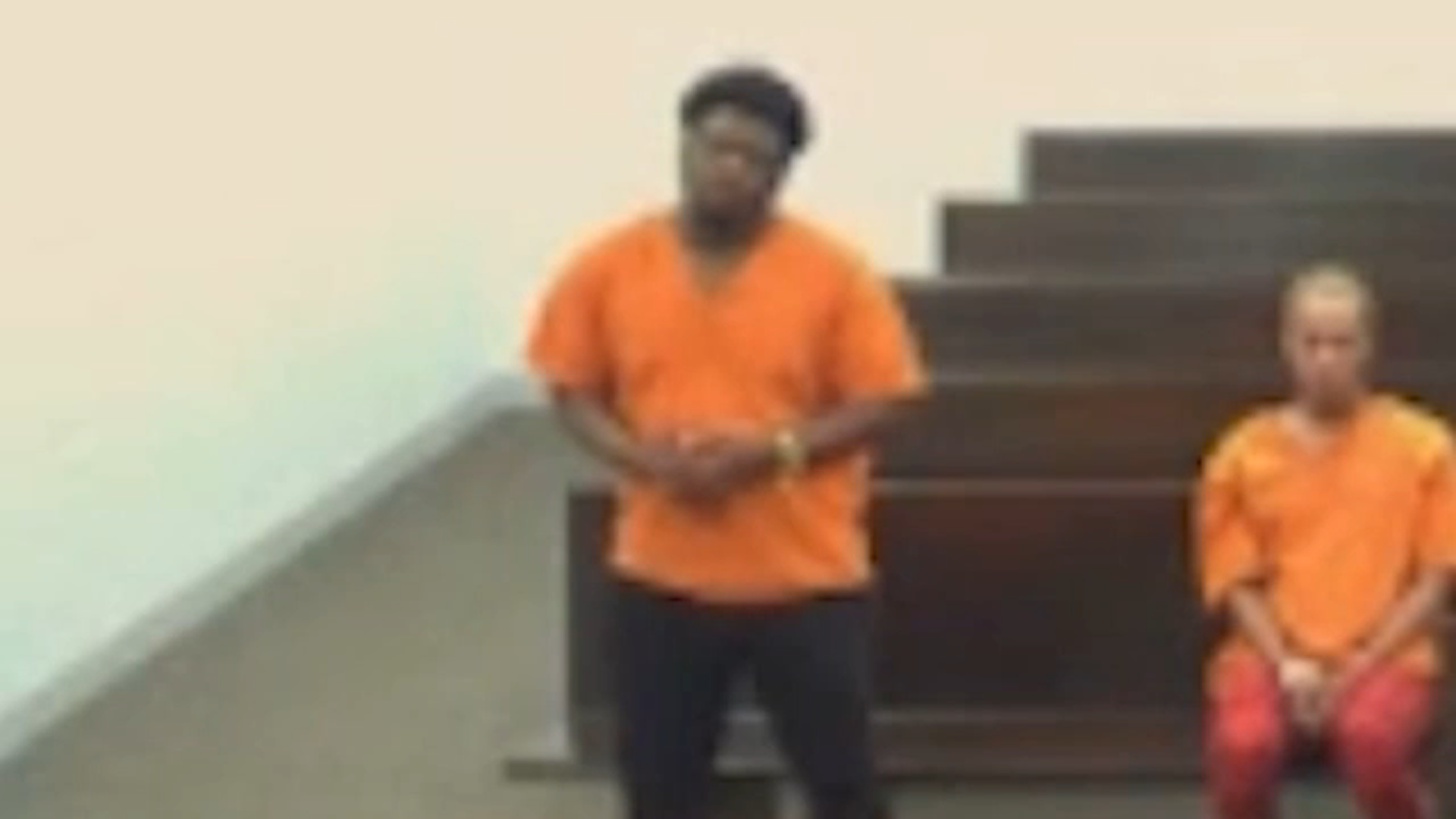Trial begins for lawsuit against Galveston County alleging racial gerrymandering
GALVESTON COUNTY, Texas (KTRK) -- The trial began Monday in a lawsuit against Galveston County, accusing Republican commissioners of gerrymandering the county's precinct map to dilute the votes of Black and Latino voters. This is one of several cases across southeast Texas and the country, alleging discrimination against minority voters.
Census numbers show that about 40% of Galveston County is made up of Black and Latino residents. Up until November 2021, when its map was redrawn, most of them lived in Precinct 3. The precinct is represented by Commissioner Stephen Holmes, who is the only Democratic and Black county commissioner.
Precinct 3 previously stretched down the central and southeast parts of the county. After the map was redrawn following the 2020 census, its boundaries changed to mostly encompass the northwest side of the county and include a higher percentage of residents who tend to vote for GOP candidates.
RELATED: Lawsuit could be next in fight against redrawn Galveston Co. precinct lines
Mary Patrick lives in La Marque, an area she's called home for 40 years. She always felt like her voice mattered in Precinct 3 until she saw how the county precinct map was redrawn.
"I feel like it's going to minimize our power and our voice. It's no longer a minority-based district. The district where Commissioner Holmes was in. He was an advocate, a servant for that district," Patrick said.
The plaintiffs in this lawsuit, which include several civil rights organizations such as the Texas Civil Rights Project (TCRP), argue that the new map discriminates against the county's voters of color by splitting up the only majority-minority district. They believe this will make it difficult for Holmes, who has served in his position for 22 years, to get re-elected in the 2024 election.
"What we're hearing in court throughout the next two weeks is all about how this is impacting the community members themselves, how they had a representative who looked out for them, represented their interest, voted in line with their interest, and now they have no voice," Joaquin Gonzalez, senior attorney for TCRP, said.
Galveston County did not return requests for comment. Professor Mark Jones, who teaches political science at Rice University, explained how the county's attorneys are defending the new map.
"The defense's argument is that this has nothing to do with race or ethnicity. It's all about partisanship, and what they're engaged in here is a partisan gerrymander, turning three Republican districts and one Democratic district into four Republican districts. The U.S. Supreme Court has ruled that partisan gerrymandering is constitutional," Jones said.
In June, the U.S. Supreme Court ruled in favor of a similar case filed by Black voters and civil rights groups in Alabama. Professor Bob Stein, who also teaches political science at Rice University, told ABC13 at the time the SCOTUS decision could set a precedent for future lawsuits across the country.
"There is a lawsuit against the Spring Branch ISD on the same standards, racially polarized voting. If it's heard in court, it will surely be appealed. But if it gets to the Supreme Court, it's very clear that (Chief Justice John) Roberts, (Justice Brett) Cavanaugh, and the three other liberal justices will form a 5-4 majority to uphold this particular ruling regarding racially polarized voting," said Stein in June.
READ MORE: Supreme Court ruling for Alabama congressional maps could set new precedent for Texas
Precinct maps are typically redrawn every 10 years after new data about the population is released by the census. Jones explained that the reason why there's been more voter discrimination cases filed after the 2020 census rather than the 2010 census is because of the U.S. Supreme Court's ruling in Shelby County v. Holder in 2013.
"Prior to 2013, in the previous redistricting cycle, these maps would have had to get the approval of either the U.S. Department of Justice or the federal district court in the District of Columbia. They wouldn't have passed. However, in the post-Shelby world, these maps are allowed to go into force, and the only way that opponents can challenge them is through the courts. That's a long process, which is why we're seeing maps that were first passed in 2021 now being challenged in 2023," Jones said.
This is at least the third case against Galveston County for its new precinct map. In February, the Campaign Legal Center filed a similar lawsuit: and in March, the U.S. Department of Justice also filed one.
RELATED: DOJ files voting rights lawsuit against Galveston County, challenging redistricting plan
Gonzalez said the plaintiffs, in this case, are racing against the clock to get a favorable ruling because Holmes has until December to file for re-election. But whether it's enough time for them to get the map that they want, Jones believes it's going to be a close call.
"There are two ways this can play out. One, it can be adverse to the Democrats and Holmes, which this case, they can appeal, but it's unlikely to change the maps for 2024. On the other hand, if Holmes is victorious, he could try to get the courts to redraw the districts prior to 2024," Jones said." The most likely scenario here, though, is that win or lose, Democrats are going to see the maps that are currently in place probably used in 2024, and it may be in 2026 or 2028, that we see a reshuffling of the maps."
The trial is expected to continue into next week.
For more on this story, follow Rosie Nguyen on Facebook, Twitter and Instagram.










